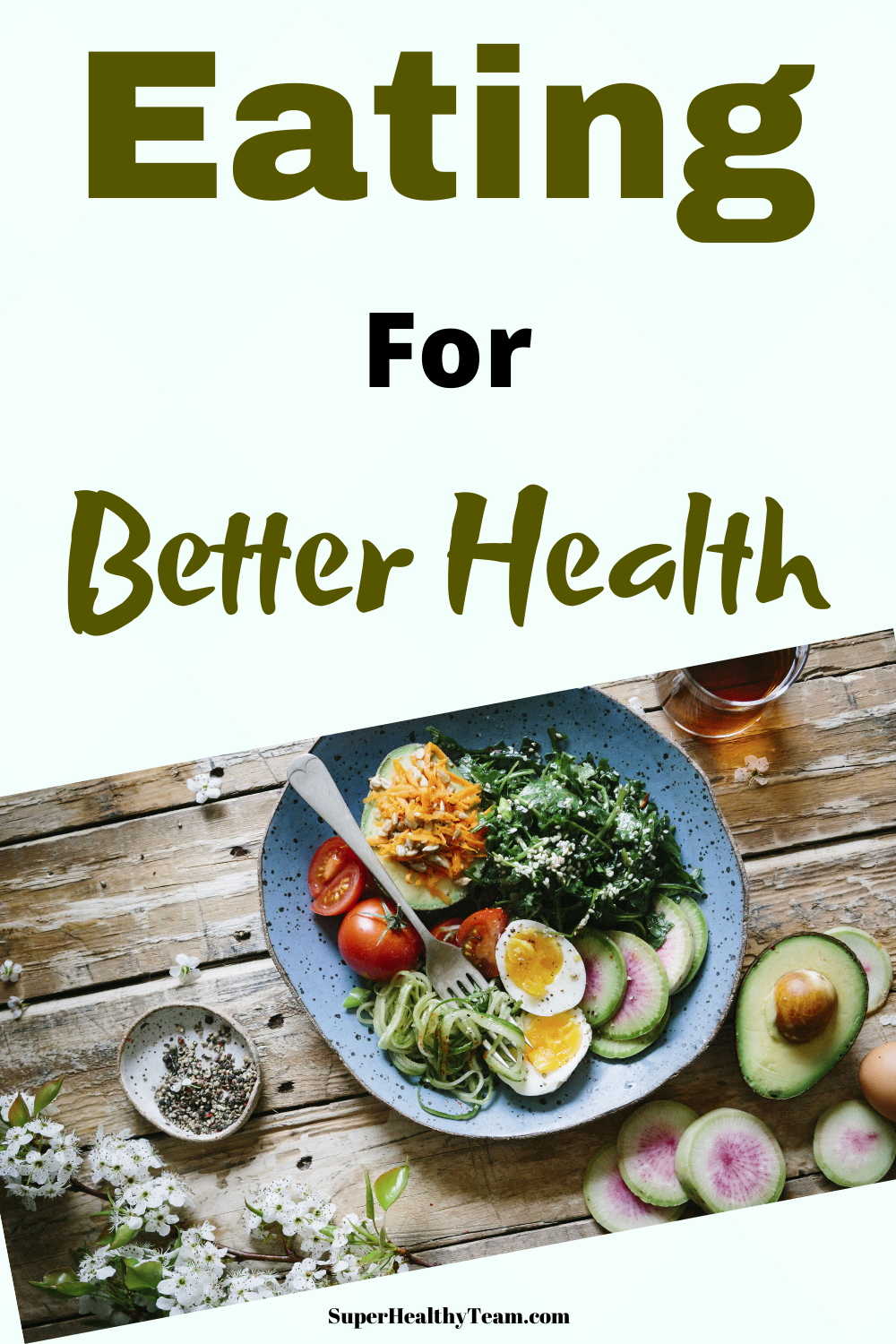Types Of Fat In Food
Getting the right amount of fats is also critical to our well-being. Fats provide us with energy. In fact, gram for gram, fats are the most efficient source of food energy. Every single gram of fat provides nine calories of energy. In comparison, carbohydrates and proteins provide only four calories.
Fats help build healthy cells and, believe it or not, fats build brains as they provide the structural components of cell membranes in the brain, and contribute to the myelin, the fatty insulating sheath that surrounds each nerve fibre, which enables it to carry messages faster.

Essential fatty acids, which are found in fats, are a vital nutritional requirement. Also, fat-soluble vitamins A, D, E, and K can only be digested, absorbed, and transported in the presence of fats.
Fats also help our bodies use vitamins. The A, D, K and E vitamins are fat-soluble, which means the fat in foods helps our intestines absorb these vitamins into our bodies.
Fats make hormones and help us have healthier skin. It even forms a protective cushion for our organs.
Fats are necessary for keeping healthy skin and hair, as well as insulating body organs from shock, controlling body temperature, and encouraging good cell function. Fat also acts as a protective barrier against a variety of ailments.

Fats are pleasurable. They add an appealing texture, appearance and taste to food. They carry flavour, which is why cookies melt in our mouths, French fries are crispy and apple pie has a nice, flaky crust.
The bad news is that it’s often cheaper and easier to cook with vegetable oils or margarine, which wreak havoc on the body. They can ruin the liver function and destroy insulin sensitivity. Coconut oil is a great alternative to cook with and ghee is fantastic to use in cakes and cookies instead of margarine.
Related articles:
Eating For Better Health Minerals
Eating For Better Healthy Proteins
Eating For Better Health Vitamins
Fats that are saturated vs. fats that are unsaturated
Most foods have different fat content and quantities of saturated and unsaturated fatty acids.
Saturated fatty acids are found in some animal products, such as beef and dairy products prepared with full or reduced-fat milk, such as yoghurt, ice cream, cheese, and butter (and some have significant contents of dietary cholesterol).
Fats that are monounsaturated vs. polyunsaturated
Essential Fatty Acids
The most important fats and oils that we need to eat are called essential fatty acids or EFAs. Just like the essential amino acids, they are called essential because the body cannot produce them, so we need to find them in the foods we eat.
Here are some of the best sources of EFAs:
- Avocados
- Flaxseed Oil
- Hemp Oil
- Virgin Olive Oil
- Walnuts
- Brazil Nuts
- Pumpkin
- Sunflower Seeds
- Oily fish such as Tuna or Mackerel
- Leafy Green Vegetables
Eating these EFAs will help to regulate our appetite so it is important to get enough of them if you are on a diet. They also help with the absorption of nutrients and help to protect the organs.

